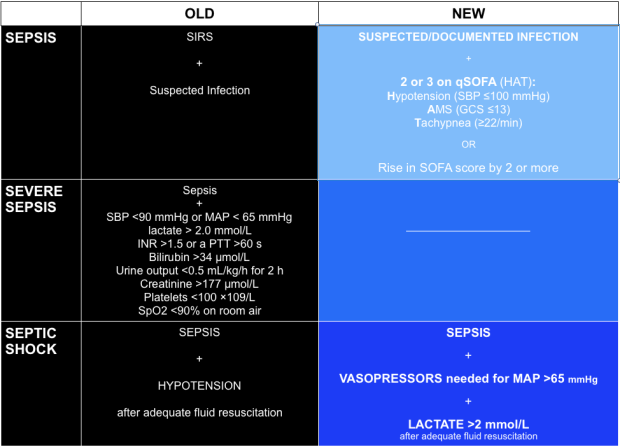#FOAMed of the Week: Understanding Lactate via SMACC15 and @EMcrit
/Paul Marik did a great talk at SMACC Chicago seeking to change the way we understand lactate. It makes great listening and definately changed the way I think. Check out the talk and the slides at Intensive Care Network.
Main Take Homes:
– The production of lactate actually consumes hydrogen ions. Lactic acidosis is really lactic alkalosis.
– Lactate is produced physiologically and is a precursor for gluconeogenesis.
– During exercise, skeletal muscle exports lactate as the primary fuel for the heart and brain.
– At VO2max, intracellular oxygen stays the same. Anaerobic metabolism in cells only occur as a pre-terminal event. The exception is in complete arterial occlusion.
– Adrenaline promotes lactate production
– Lactate infusion has been shown to increase cardiac output in septic and cardiogenic shock
– Lactate is a survival advantage!
Scott Weingart posted a SMACC Back Wee on why we should stop and think before throwing ditching our addiction to measuing lactate.... listen here: EMcrit.
So should we stop measuring lactate? I think not, its useful as a marker of unwellness and can help guide our investigation. Its not black and white however. Having a better understanding of the physiology helps us navigate the greys of real life medicine.
















